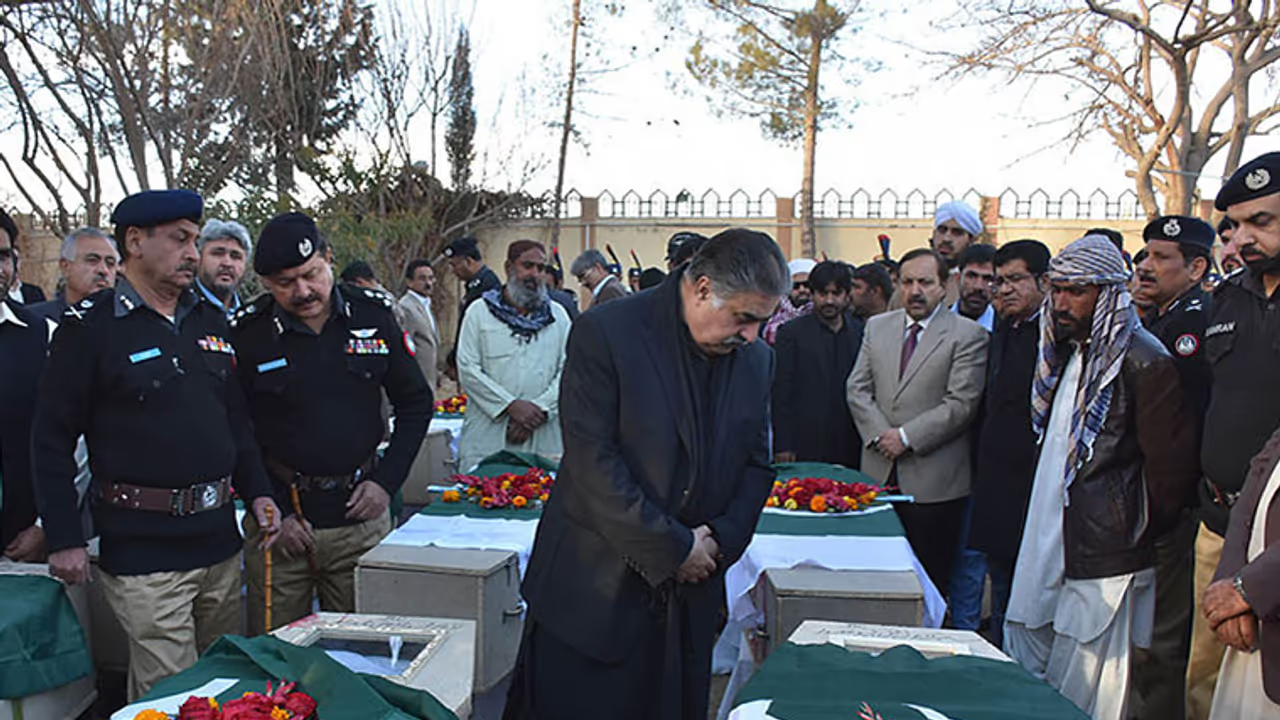In his speech during the 70th Independence Day celebration on August 15, Prime Minister Narendra Modi raised the issue of Balochistan and Pakistan-occupied-Kashmir (PoK).

Modi said, "I want to express my gratitude to the people of Balochistan, Gilgit and PoK for the way they whole-heartedly thanked me, the way they expressed gratitude to me.... People of a distant land I haven't even seen....When they thank the Indian prime minister, it's an honour for the 125 crore people of the country..."
Here are few things you must know about Balochistan:
- Balochistan translates to ‘the land of the Baloch’ in many regional languages.Balochistan is Pakistan’s biggest province in terms of its area, covering 44% of Pakistan. Since the birth of Pakistan in 1947, armed resistance by Baloch nationalists has been a common occurrence and Pakistan has repeatedly accused India of helping the insurgents in the region. Covert (or overt) Indian support for the Balochs can engulf close to half of that country if the Baloch rise up in force.
- The Baloch live in a vast territory, the size of France, boasting enormous reserves of gas, gold and copper, as well as untapped sources of oil and uranium. Its natural gas fields supply natural gas to the entire country of Pakistan. Traditional Baloch lands are also crisscrossed by the borders of Pakistan, Iran and Afghanistan.
- According to a World Bank report, Balochistan, Pakistan's largest but least populous province, is also its least economically developed. The province has the country's lowest growth record and worst infrastructure, along with its highest rates of poverty, lowest social indicators for health and education and lowest levels of satisfaction with government service delivery.
- There is an enormous gap between the huge profits made by Islamabad through the exploitation of the area's natural resources and the on-ground development for the locals. This gap, combined with repressive state-run policies, that have led to five armed uprisings in the region since the territory was annexed by Pakistan in 1948.
- As the bloody struggle - that consumes thousands on an average every year - in the restive region continues, the demands of the local leaders remain the same. The Baloch want a greater control of the province's resources and to replace 'garrison' politics with one of civilian authorities who genuinely represent the will of the people.
- India cannot be aloof from Balochistan, in view of the rapidly changing geopolitics of the region, especially since China began the construction of the Gwadar Port in Balochistan in 2002. However, India has found an ally among the Balochs, as the latter see the construction of port as further marginalisation of the Balochs. The port relies entirely on Chinese engineers and labourers.
- Earlier this year, Pakistani security officials, backed by the civilian authorities, said they had arrested an Indian national in Balochistan. Islamabad described the arrest as “evidence” of Indian involvement in the restive province. The Indian Ministry of External Affairs also confirmed that Kulbhushan Yadhav, a former Navy officer, was arrested. While Islamabad says Yadhav worked for the Indian intelligence agency, the Research and Analysis Wing (RAW), New Delhi has denied his affiliation with its premier intelligence agency.
